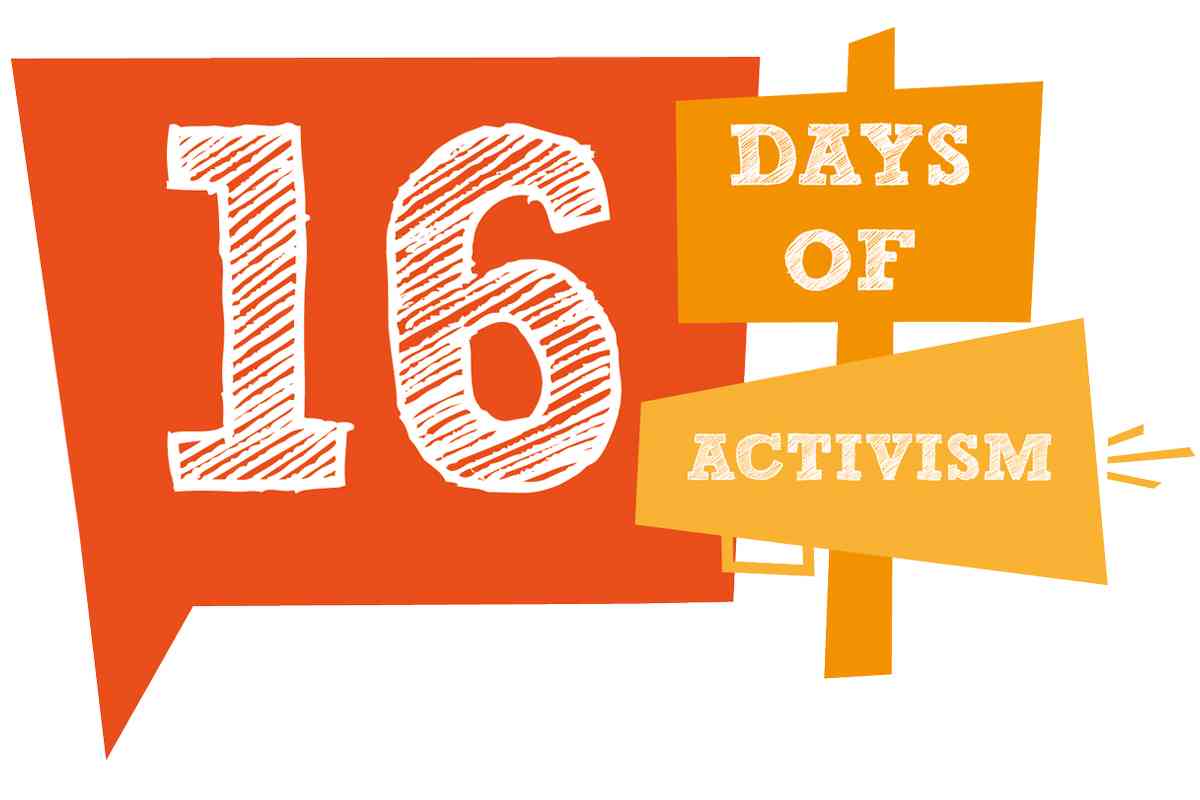
The 16 Days of Activism Against Gender-Based Violence is a global campaign that raises awareness and advocates for change in a world plagued by societal inequalities and gender-based violence, fostering solidarity and driving transformative actions worldwide. The 16 Days of Activism Campaign, to held from November 25 to December 10, aims to unite individuals, organisations, and governments to address gender-based violence.
Rooted in history and backed by survivors, activists, and allies, the campaign aims to raise awareness and drive tangible change at the grassroots level. The 16 Days Campaign in South Africa celebrates its 25th anniversary, asserting the devastating impact of gender-based violence and femicide on women, children, and the broader societal framework, marking a significant milestone in the fight against femicide.
The 16 Days Campaign, launched on November 25 in Mpumalanga Province, aims to address the widespread issue of gender-based violence and femicide by promoting comprehensive, inclusive strategies to leave no one behind, stressing the need to accelerate actions. The campaign focuses on ensuring safe access for women to clean water, a basic human right, in South Africa.
It points out the importance of addressing barriers that prevent women from accessing water and sanitation. The campaign calls for a holistic approach to tackle gender-based violence, involving all sectors of society. It calls for governments, policymakers, civil society, communities, and individuals to collaborate to create a safer, more equitable world for all.
The 16 Days of Activism is a significant initiative that highlights various forms of violence, especially against women and marginalized communities, through educational initiatives, workshops, seminars, and social media campaigns, thereby dismantling misconceptions and raising awareness about gender-based violence.
Initiatives empowering individuals with knowledge about rights, resources, and help-seeking avenues are crucial. Schools, community centres, and workplaces often participate, promoting inclusivity and understanding. The 16 Days Campaign aims to foster support networks for survivors of gender-based violence, addressing isolation and stigma, by providing a safe space for sharing stories, accessing services, and fostering solidarity among peers and allies.
Local organisations, NGOs, and advocacy groups provide counselling, legal aid, and shelter during the pandemic. Communities mobilize to establish helplines and support groups, ensuring sustained support for survivors. The 16 Days of Activism significantly influence policy-making and legislative changes by involving activists and community members in discussions with policymakers to strengthen laws protecting individuals from gender-based violence.
Grassroots movements often play a crucial role in influencing systemic reforms by enacting new laws, amending existing ones, and allocating funds for prevention and intervention programmes, showcasing the power of collective action. The campaign is aimed to cultivate lasting change within communities through conversations, networks, and policy advancements, laying the groundwork for ongoing activism throughout the year, extending beyond its designated timeframe.
Community-driven initiatives, advocacy, and support for survivors foster accountability and empowerment, bringing the goal of eradicating gender-based violence closer to realization as awareness increases and societal attitudes shift. The 16 Days of Activism for No Violence against Women and Children urges individuals to become agents of change, translating awareness into action to foster a society free from fear, discrimination, and violence.
As we celebrate 25 years of this global movement, let's rekindle our commitment to a world where gender-based violence and femicide are relics of the past, promoting justice, equality, and dignity. The 16 Days of Activism Against Gender-Based Violence reminds us that every action taken within communities brings us closer to equality, respect, and dignity for all.
In South Africa, 67 358 women were reported as victims of selected contact crimes in the 2022/2023 fiscal year, with assault with the intent to cause grievous bodily harm being the highest. The government is working to establish dedicated desks at police stations in GBVF hotspots, staffed by specially trained officers. There are now 134 desks in operation, to have a GBV desk in all police stations nationwide. For assistance, call the 24-hour GBV helpline at 0800 428 428 or send a text message to 31531.
**The views expressed above are of the writer, who wrote in his personal capacity and does not represent Mo Media as a publication, its readers, personnel, advertisers and all other related stakeholders


